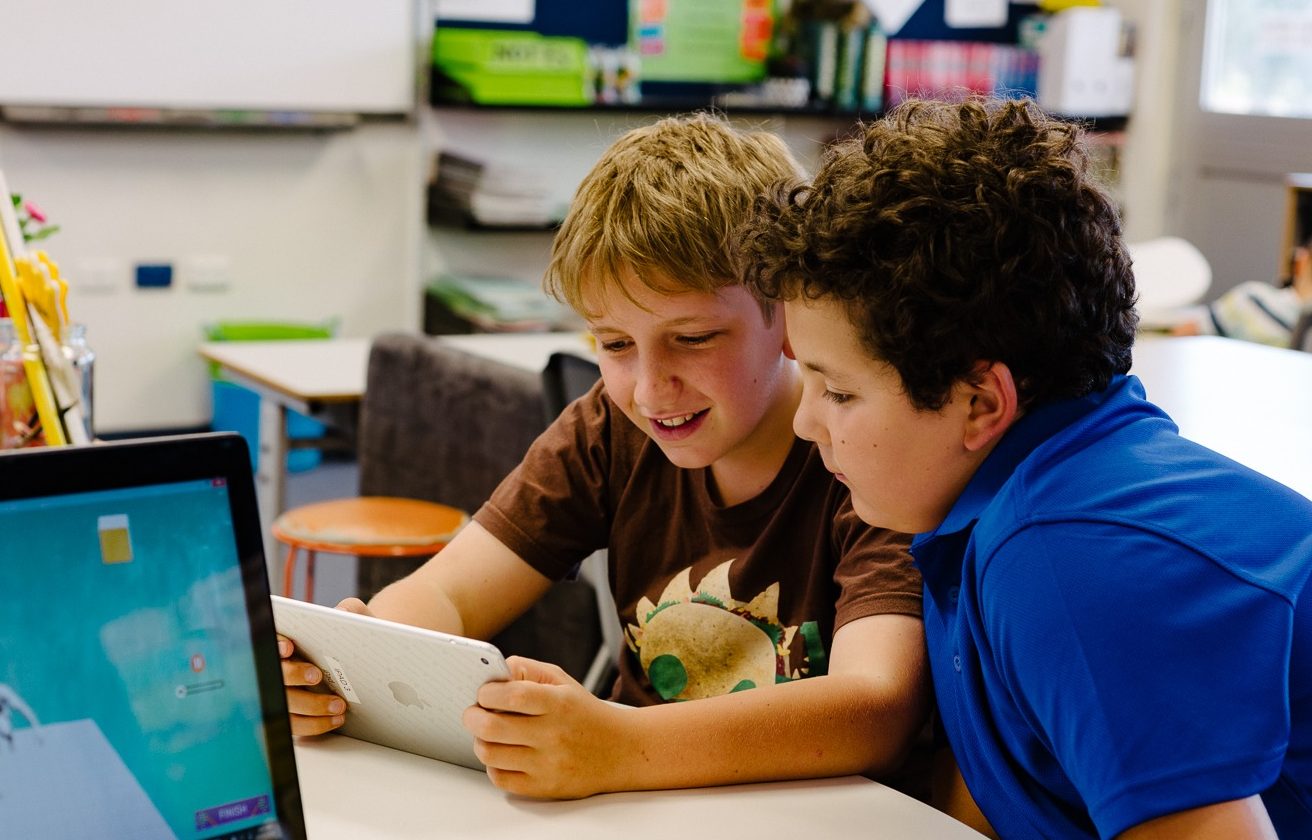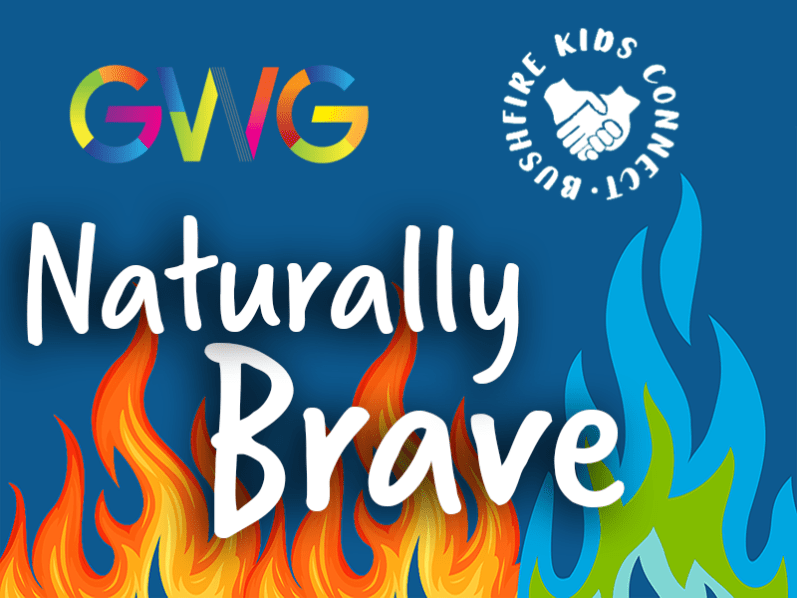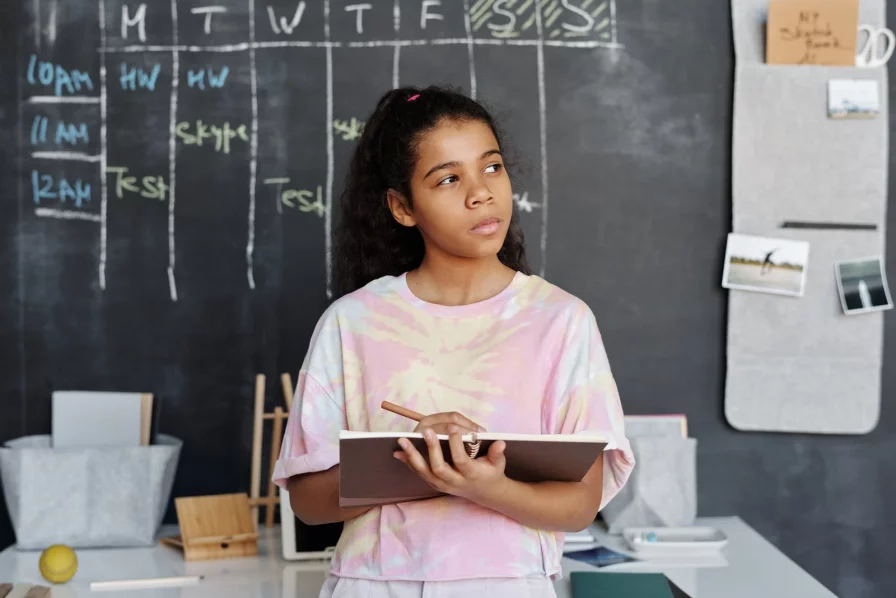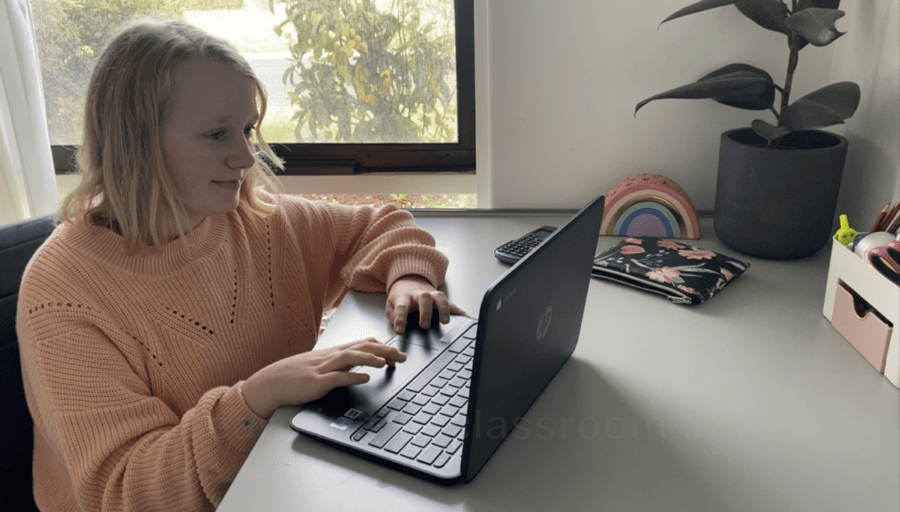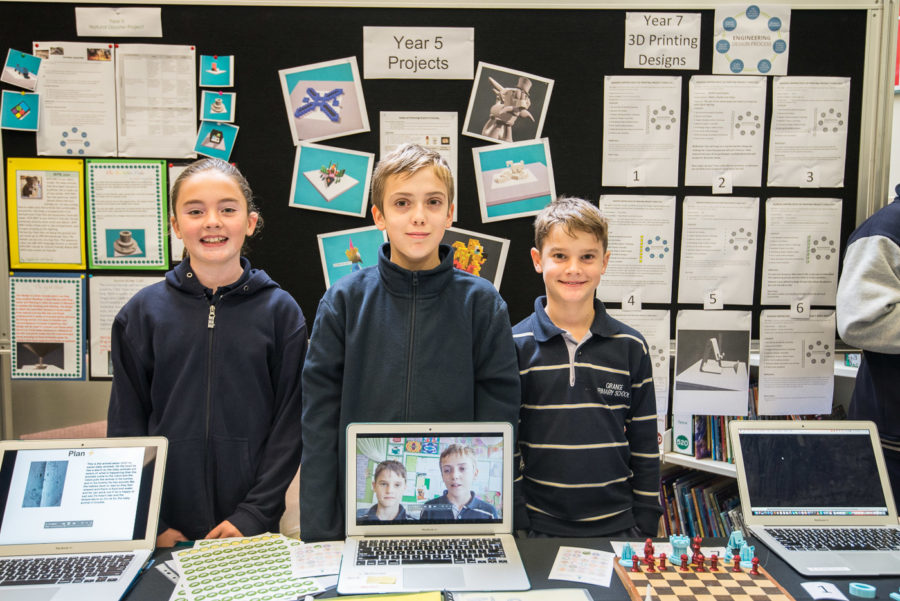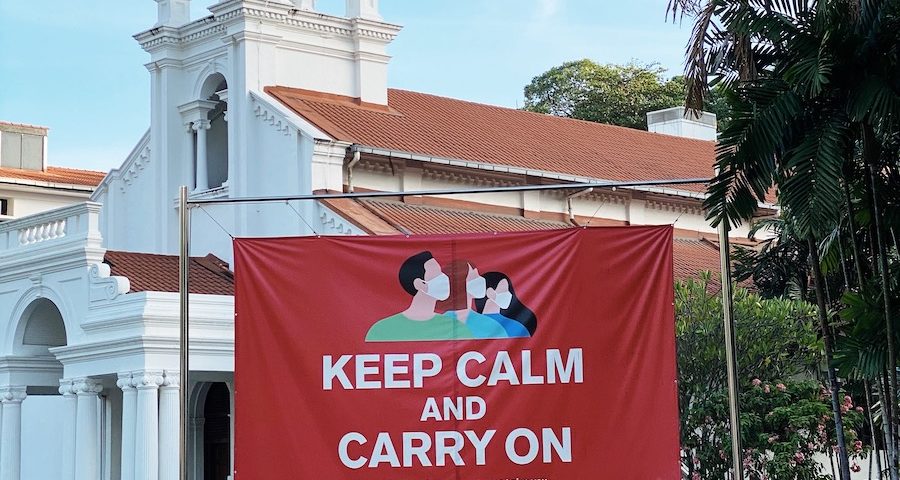Our series of six blog posts unpacks each of Gardner’s elements of emotional intelligence and look at ways teachers can use Makers Empire to develop these qualities in students. Other posts in this series focus on ways to help students develop self-awareness, self-reflection, empathy and motivation. This post focuses on how to help students develop social skills.
What are social skills?
Social skills are the skills we use to interact and communicate with others. They include verbal and non-verbal communication, such as speech, gestures, facial expression and body language. A person has strong social skills if they have the knowledge of how to behave in social situations and understand how to apply appropriate social and cultural norms when communicating with others.
Frank M Gresham, author, and psychology professor at the Louisiana State University suggests three ways we can define social skills:
- Behavioural: the particular behaviours that increase the likelihood of positive social interactions and reduce the likelihood of negative ones
- Peer acceptance: popularity or acceptance from friends or peers
- Social validity: social behaviours that lead to relevant and significant social outcomes
5 ways Makers Empire can help students develop social skills
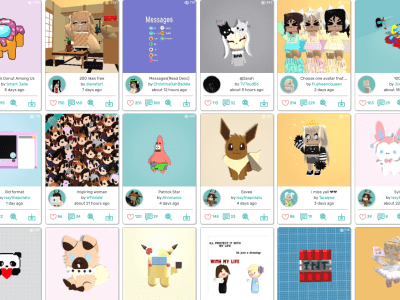
1. Makers Empire is designed to be a collaborative and social place for designing and learning. Students can share their designs, like designs, follow designers and add positive or constructive comments to designs. The Makers Empire Gallery allows a safe place for students to practice social skills and learn how to interact positively in a digital space.
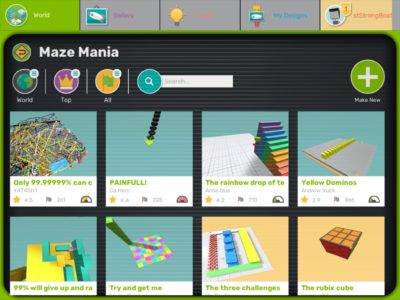
2. The popular Maze Mania section of Makers Empire’s 3D World is a place where students can create mazes that are then played by other students. This activity encourages students to design mazes that are fun, engaging, and challenging for other students and allows students to compete against each other in positive, supportive ways.
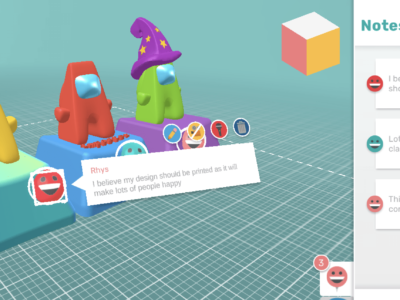
3. Makers Empire’s new Notes feature allows students to practice their written and verbal communication skills by adding messages, annotations, or recorded dialogue to their designs. Check out these posts – 10 ways to use Notes and Another 10 ways to use Notes – for lots of great suggestions on how to use the Notes feature to enhance learning in the classroom.
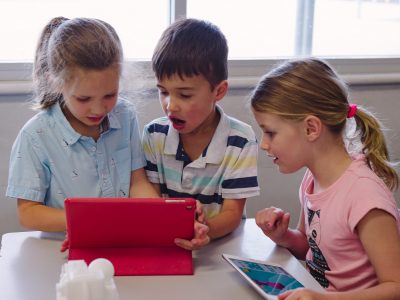
4. Makers Empire supports the development of students’ design thinking skills. Design thinking tends to be a collaborative endeavour where groups of students work together to solve a problem or take on a challenge. These types of activities provide authentic contexts for students to work together and apply a range of social skills. For examples of collaborative design thinking projects check out our huge range of school made videos.
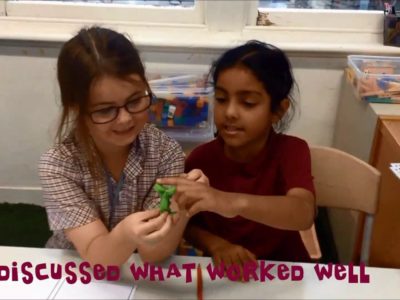
5. Students become better designers by seeking and acting upon feedback, as well as through self-reflection. Supporting students to give each other feedback not only helps them share their design skills, but also enables them to practice framing feedback in positive, helpful ways, be mindful of other’s feelings and develop socially acceptable ways of sharing their opinions. Students can give each other feedback through Makers Empire’s comment and likes features, and by asking questions through the new Notes feature for other students to respond to.
5 questions teachers can ask to focus on social skills
- What do you think about this design? How can you let the designer know how you feel? What questions would you like to ask them?
- How do you feel when you are playing a maze designed by another student? Do you prefer to play mazes by yourself or with your friends? How is the experience different if you are with other people?
- What do you want other people to know about your design? What is the best way to communicate your message or feelings?
- How can you respond to comments in respectful ways? Have you thought about how your comments might be interpreted by others? Can you change your comments to communicate your idea more clearly?
- How can you work with others to solve the problem? What role will each person play and how will you make sure each person can join in fairly and contribute? What strategies might you use if you disagree?

Mandi Dimitriadis
Mandi Dimitriadis, DipT. is the award-winning, highly regarded and passionate Director of Learning at Makers Empire. She is an experienced classroom teacher who recognises the power of technology to enhance teaching and improve educational outcomes. Mandi has extensive experience with curriculum development and learning, having previously developed programs for the Australian Government’s Department of Education, and having created custom curriculum for Makers Empire schools in the USA, China and the UAE. She is passionate about Design Thinking and how best to prepare today’s students for the future.

